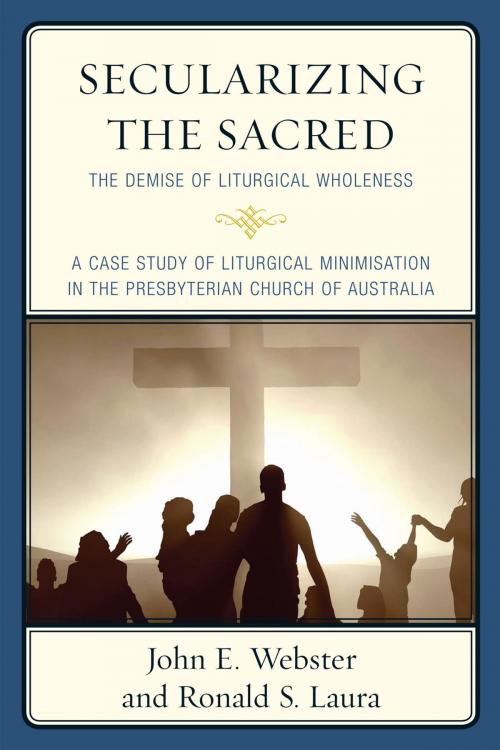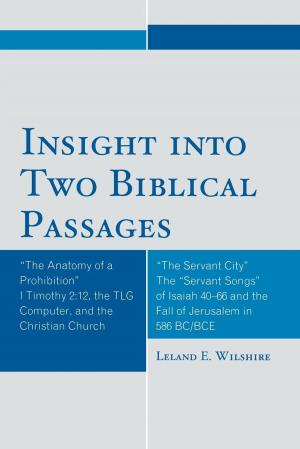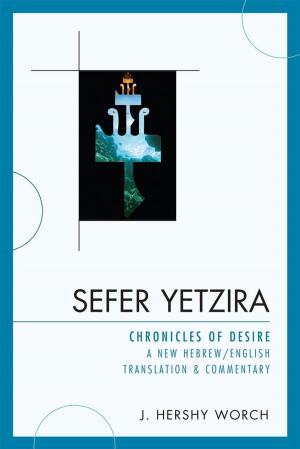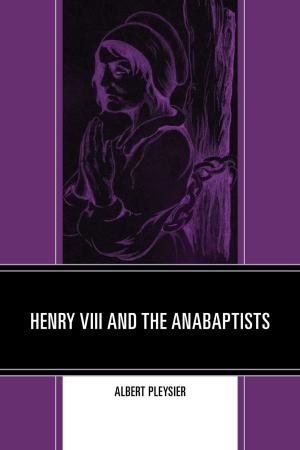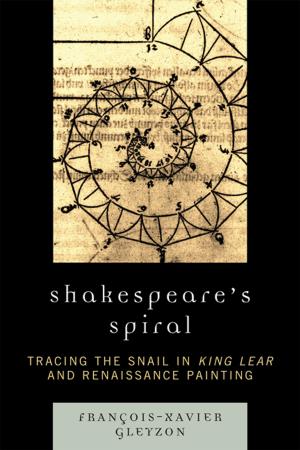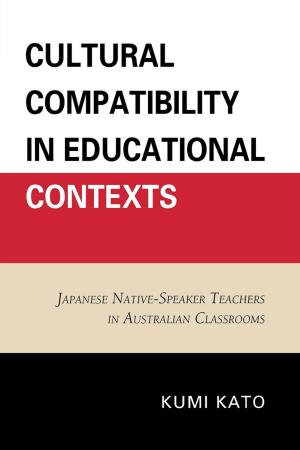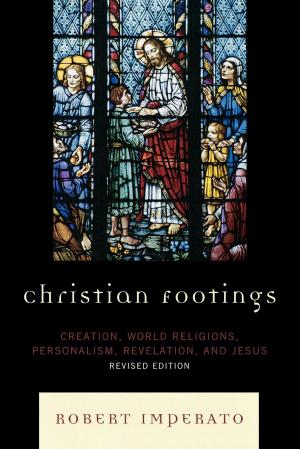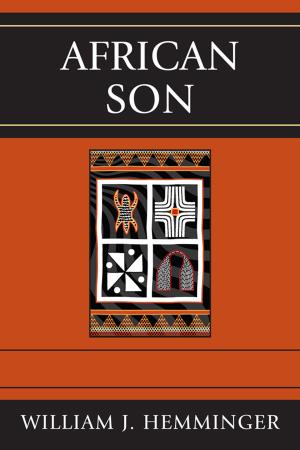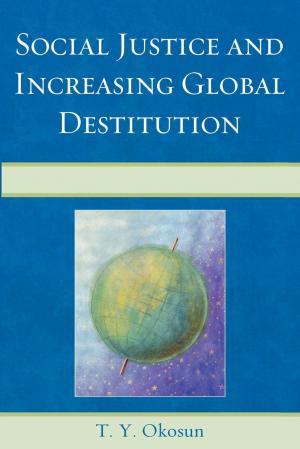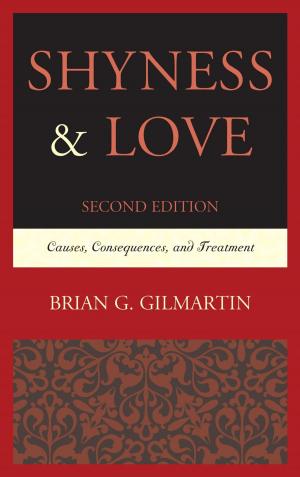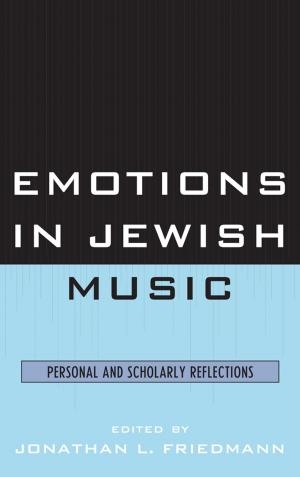Secularizing the Sacred
The Demise of Liturgical Wholeness
Nonfiction, Religion & Spirituality, Christianity, Church, Christian Life| Author: | John E. Webster, Ronald S. Laura | ISBN: | 9780761867623 |
| Publisher: | UPA | Publication: | April 26, 2016 |
| Imprint: | UPA | Language: | English |
| Author: | John E. Webster, Ronald S. Laura |
| ISBN: | 9780761867623 |
| Publisher: | UPA |
| Publication: | April 26, 2016 |
| Imprint: | UPA |
| Language: | English |
This book explores one of the great paradoxes of our era. Western culture has almost imperceptibly come to secularize the sacred, while at the same time sacralizing the secular. The authors endeavor to show the debilitating effects that this paradox has had on the foundations of Christian worship with special reference to the history of worship and in particular the Presbyterian Church in Australia.
The authors show how the theological predilection for ‘minimization’ has become inextricably woven into the fabric of what we call ‘the theory of transformative subjugation’ which drives the rationale for religious secularization. The book argues that it is necessary to consider a serious reconstruction of theological education in which its framework is located in a specific Christian theory of knowledge which engenders the Lordship of Christ and encourages a spirit of transformative love and connectedness. It is only in this context that the theology of worship and the beauty and usefulness of liturgical forms can be appreciated.
This book explores one of the great paradoxes of our era. Western culture has almost imperceptibly come to secularize the sacred, while at the same time sacralizing the secular. The authors endeavor to show the debilitating effects that this paradox has had on the foundations of Christian worship with special reference to the history of worship and in particular the Presbyterian Church in Australia.
The authors show how the theological predilection for ‘minimization’ has become inextricably woven into the fabric of what we call ‘the theory of transformative subjugation’ which drives the rationale for religious secularization. The book argues that it is necessary to consider a serious reconstruction of theological education in which its framework is located in a specific Christian theory of knowledge which engenders the Lordship of Christ and encourages a spirit of transformative love and connectedness. It is only in this context that the theology of worship and the beauty and usefulness of liturgical forms can be appreciated.
